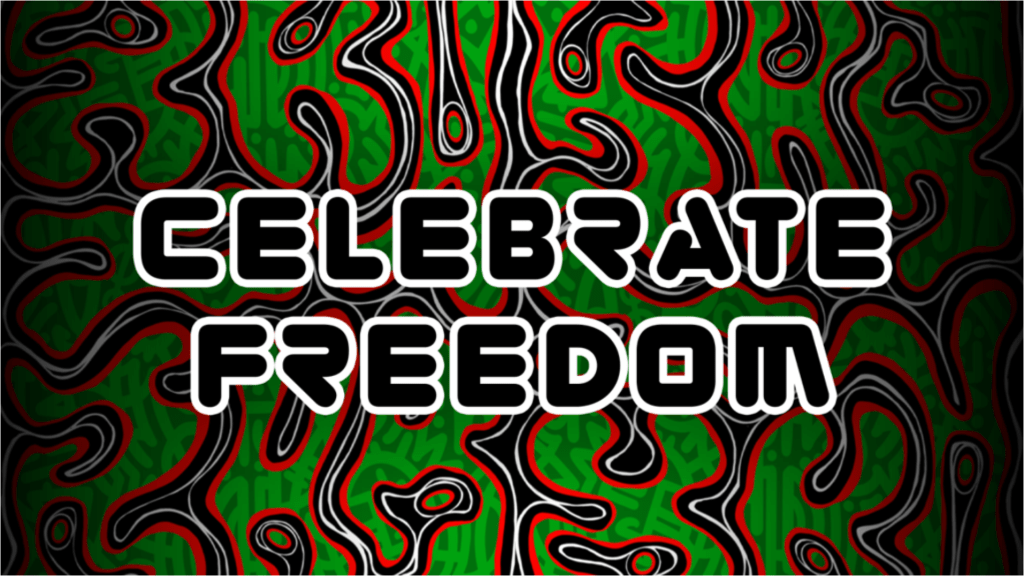
CAPTAINS IN USL CHAMPIONSHIP AND USL LEAGUE ONE WILL WEAR CUSTOM “CELEBRATE FREEDOM” ARMBANDS DESIGNED BY OAKLAND-BASED ARTIST SHIDO BETWEEN JUNE 15-20
Juneteenth, also known as Freedom Day or Emancipation Day, is celebrated annually on June 19. It is a national holiday observed to commemorate the day in 1865 when about 2,000 Union troops arrived in Galveston Bay, Texas, and announced that the enslaved Black people in Texas were free, thanks to the Emancipation Proclamation, originally signed into law in 1863.
Juneteenth has long been an important commemorative day for Black Americans, representing a day of reflection, education, celebration, and community building.
But for many years, Juneteenth was not observed – or even known – by many across our nation.
That changed following the social upheaval of the summer of 2020 in the wake of George Floyd’s murder. In 2021, Juneteenth was recognized as a federal holiday. Across our nation, people began observing Juneteenth and discussing its history, what it means today, and why it is important for all Americans to observe it.
Sports has played an important role in the evolving conversation around Juneteenth. Many Black athletes across the sports world, including soccer players, continue to lift their voices to open important dialogue about race and sports’ role in bringing about social change.
But even with the progress made over the past few years, there is still work to do to educate, inform, and inspire more change.
This year, the USL will celebrate Juneteenth from June 15-20.
In collaboration with the United Black Players, captains in USL Championship and USL League One will wear custom “Celebrate Freedom” armbands designed by Oakland, CA-based artist Shido, whose design is also emblazoned on custom t-shirts that UBP members will wear this week as arrival fits.
Over the activation period, USL clubs will honor Juneteenth with themed match nights, custom kits, and storytelling across their digital and social channels.
Helpful Juneteenth Resources
“The Historical Legacy of Juneteenth” | National Museum of African American History & Culture




















































































































































































































































